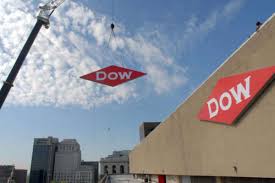The Dow Posts a Nine-Week Winning Streak. How Much Longer Can It Last?

The Dow Jones Industrial Average closed up 0.7% Friday, finishing the day above 26,000 for the first time since early November. A more accommodative stance by the Federal Reserve on interest rates and reduced trade tensions with China have helped the Dow to post its ninth straight week of gains.
Since Christmas Eve, which marked the climax of a three-month selloff in U.S. stocks, the Dow has rebounded 19.4%, easing concerns that the selloff could turn into a full market meltdown but also leaving many stocks priced at expensive valuations. Looking back, market strategists and portfolio managers express a sense of relief. Looking ahead, they express concerns of how much longer the rebound can last.
“Prices may have come too far, too fast,” Bob Doll, a senior portfolio manager at Nuveen told Bloomberg, which noted that investors have returned $ 9 billion in valuation to global stock markets in recent weeks. “Markets could be due for consolidation or a pullback.”
Meanwhile, Richard Turnill, global chief investment strategist at BlackRock, told the Wall Street Journal that the positive news on interest rates and trade have largely been factored into the stock prices. But other threats still loom. “The change in perception around the Fed is now largely priced in and the recovery is also driven by a perceived improvement in U.S.-China trade tensions,” Turnill said. “But there are still significant risks of an escalation in tensions over technology.”
One strategist who is a noted permabear, Albert Edwards of Société Générale, took an even dimmer view of the market outlook, arguing in a note Thursday that the Fed’s more dovish stance on interest rates has left markets “stoned on free money” and “detached from reality,” according to MarketWatch. While investors may be enjoying the relief for now, that approach could “prove fatal” in the long run, he said.
“Every major central bank in the world has done its bit to inject another dose of euphoria into its market patch,” Edwards wrote.

